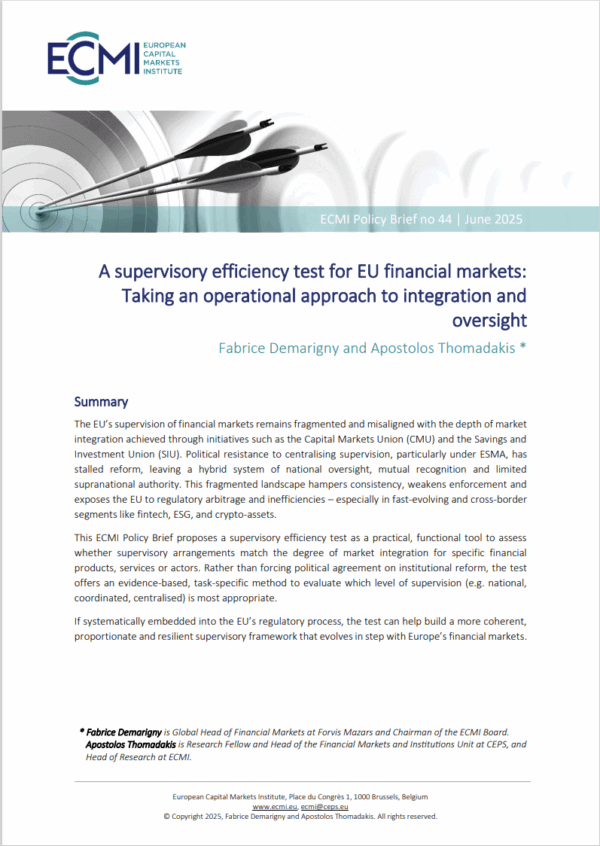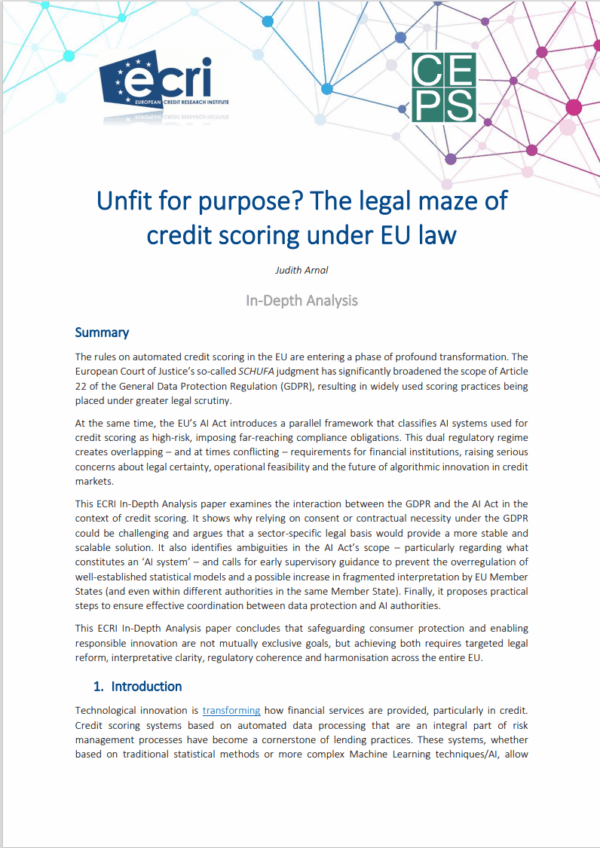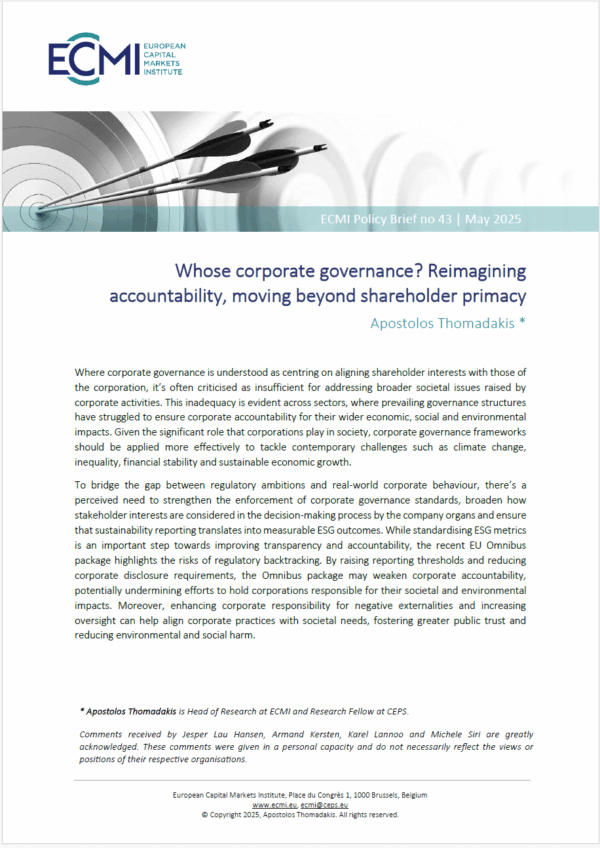Key rulings on the supervision and resolution of credit institutions in the EU have an impact on the Banking Union framework. This study explores how case law has refined the European Central Bank’s practices, shareholders’ and boards’ rights and the interaction between ECB and Single Resolution Board powers during ‘failing or likely to fail’ assessments.
While highlighting how litigation has clarified processes, rights, and the criteria for resolution, the study’s findings underscore the need for heightened scrutiny of agencies to prevent political interference and ensure effective oversight.
This study was provided by the Economic Governance and EMU Scrutiny Unit at the request of the ECON Committee.













